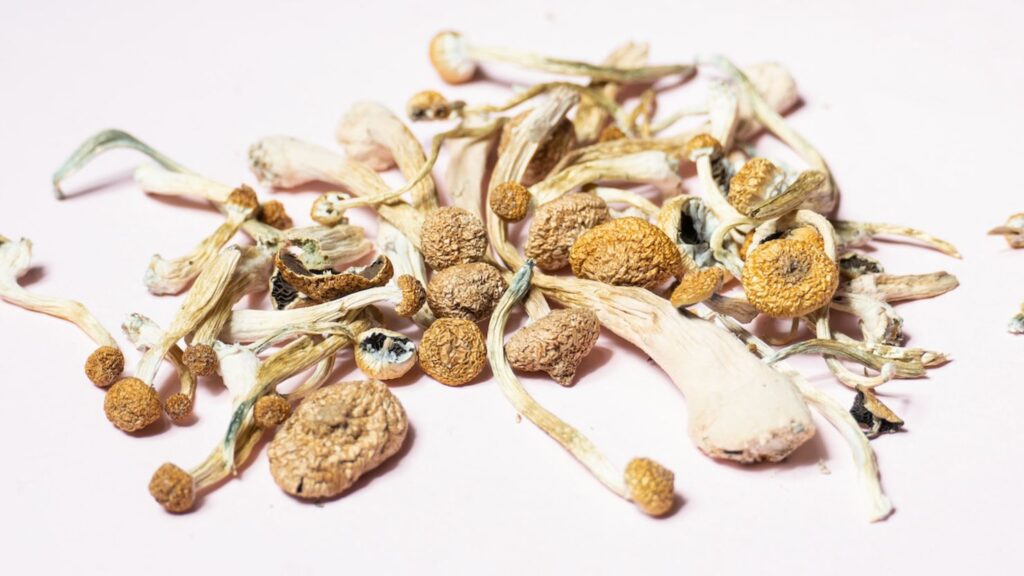A new study published by bioRxiv and the U.S. National Library of Medicine finds that psilocybin could help mitigate the effects of repetitive mild head injuries, a condition linked to cognitive decline and neurodegenerative diseases.

For the study, researchers from Northeastern University, Delaware State University, and Indiana University examined the impact of psilocybin on an animal model of mild repetitive head injuries, a model used to simulate trauma sustained in sports, car accidents, falls, and military service. The findings indicate that psilocybin reduced vasogenic edema, restored vascular reactivity and functional connectivity, lowered phosphorylated tau buildup, and increased levels of brain-derived neurotrophic factor (BDNF) and its receptor TrkB.
The study also found that psilocybin influenced lipid signaling molecules, which may play a role in neuroprotection.
Currently, no approved medical treatments exist for repetitive mild head injuries, which can lead to lasting cognitive, motor, and behavioral deficits, as well as an elevated risk of conditions like dementia, Parkinson’s disease, and chronic traumatic encephalopathy (CTE), notes researchers. The results suggest psilocybin’s potential in addressing these concerns through its known ability to reduce neuroinflammation and enhance neuroplasticity.
The full study is available here.






